First published 2007
by Routledge
2 Park Square, Milton Park, Abingdon, Oxon OX14 4RN
Simultaneously published in the USA and Canada
by Routledge
270 Madison Ave, New York, NY 10016
Routledge is an imprint of the Taylor & Francis Group, an informa business
This edition published in the Taylor & Francis e-Library, 2007.
To purchase your own copy of this or any of Taylor & Francis or Routledges collection of thousands of eBooks please go to www.eBookstore.tandf.co.uk.
2007 Donald Rutherford
All rights reserved. No part of this book may be reprinted or reproduced or utilised in any form or by any electronic, mechanical, or other means, now known or hereafter invented, including photocopying and recording, or in any information storage or retrieval system, without permission in writing from the publishers.
British Library Cataloguing in Publication Data
A catalogue record for this book is available from the British Library
Library of Congress Cataloging in Publication Data
A catalog record for this book has been requested
ISBN 0-203-94661-8 Master e-book ISBN
ISBN13: 978-0-203-94661-9 Master e-book ISBN
ISBN13: 978-1-134-14619-2 ePub ISBN
ISBN 978-0-415-40056-5 (hbk)
ISBN 978-0-415-40057-2 (pbk)
ISBN 978-0-415-94661-9 (ebk)
LIST OF KEY CONCEPTS
Accelerator
Aid
Altruism
Arbitrage
Auction
Austrian economics
Balance of payments
Banking
Bubble
Capitalism
Capital theory
Classical economics
Clubs, theory of
Coase theorem
Cobweb
Collective bargaining
Comparative economic systems
Competition and monopoly
Consumers surplus
Consumption
Contract theory
Cooperation
Core
Corruption
Cost
Cost-benefit analysis
Credit
Cultural economics
Currency
Customs union
Cycles
Debt
Demand curve
Development economics
Discrimination
Disequilibrium economics
Division of labour
Dual economy
Economic anthropology
Economic concentration
Economic demography
Economic growth
Economic integration
Economic methodology
Economic modelling
Economics as rhetoric
Economic system
Economic welfare
Economies of scale and scope
Efficiency
Elasticity
Energy economics
Entrepreneur
Environmental economics
Equality
Equilibrium
Ethics and economics
Evolutionary economics
Ex-ante, ex-post
Exchange rate
Exhaustible resources
Expectations
Experimental economics
Externality
Family, economics of
Firm
Fiscal federalism
Fiscal policy
Fix price, flex price
Freedom
Game theory
Globalisation
Happiness
Health economics
Holism
Homo economicus
Household behaviour
Human capital
Impossibility theorem
Incentives
Income distribution
Incomes policy
Industrial organisation
Industrial relations
Inflation
Informal economy
Information
Innovation
Input-output analysis
Institutional economics
Interest rate
Investment
Invisible hand
IS-LM model
Keynesianism
Labour
Laissez-faire
Libertarian economics
Macroeconomic forecasting
Marginalism
Market
Marxian economics
Mercantilism
Merit good
Migration and mobility
Monetarism
Monetary policy
Money
Multinational corporation
Multiplier
National economy
National income
Neoclassical economics
Neo-Ricardian economics
Neuroeconomics
New classical economics
New political economy
Non-profit enterprise
Physiocracy
Planning
Political business cycle
Political economy
Poverty
Price
Price index
Price-specie flow mechanism
Privatisation
Production function
Productivity
Profit
Property rights
Protection
Public choice
Public finance
Public good
Public sector
Quantity theory of money
Rationality
Rawlsian justice
Real business cycle
Regional policy
Regulation
Rent
Returns
Risk and uncertainty
Robinson Crusoe economy
Satiability of wants
Saving
Says law
Scarcity
Search theory
Segmented labour market
Self-managed enterprise
Social capital
Social choice theory
Socialism
Spatial economics
Stabilisation policy
Stockholm School
Structural adjustment
Structure of an economy
Supply-side economics
Surplus value
Taxation
Technical progress
Terms of trade
Time in economics
Trade theory
Trade (labor) union
Tragedy of the commons
Transfer income
Transfer pricing
Unemployment
Utility
Value
Wealth
Welfare economics
INTRODUCTION
Economics has been studied for centuries as there has always been great curiosity about the nature and determinants of wealth and well-being, and how scarce resources should be employed. Economics operates at different levels: the theoretical, the technical and the advisory. Sometimes all are combined in one concept, for example, an examination of prices requires a consideration of theory, methods of pricing and prices policies. Some economic ideas are basic to much of economics discourse, such as cost; others are related to the analysis of particular problems, as is the case with environmental economics. Economics has long been sectarian so attention has to be paid to the many schools of thought. Political and social problems often have an economic dimension so different types of economic policy abound.

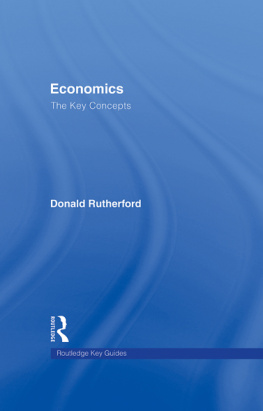

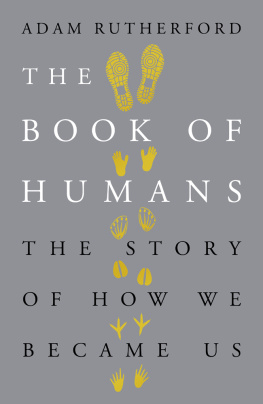
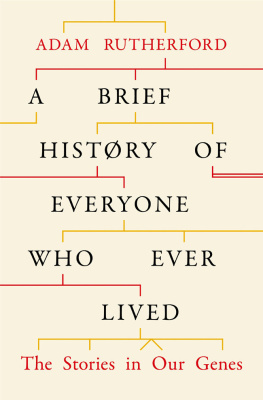
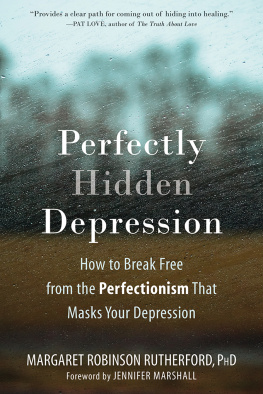
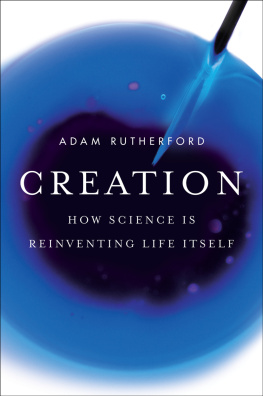


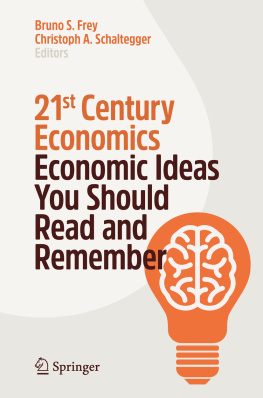
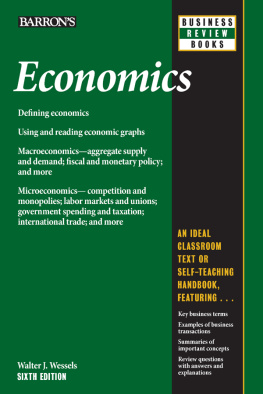
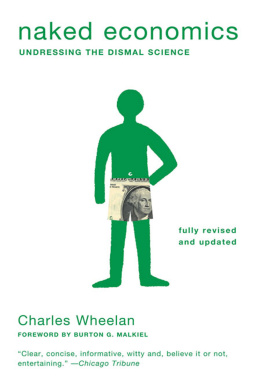

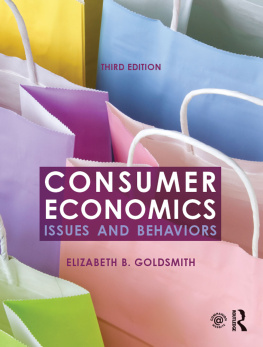

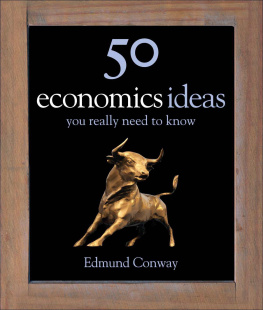

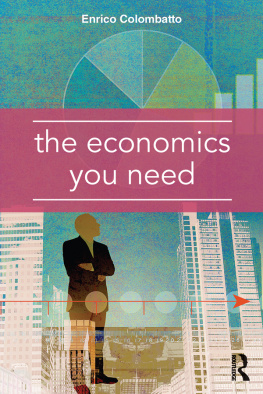
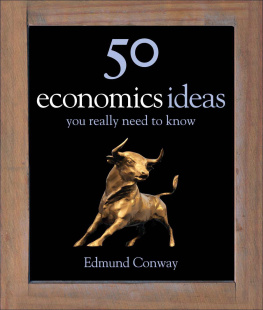
 Competition and monopoly
Competition and monopoly